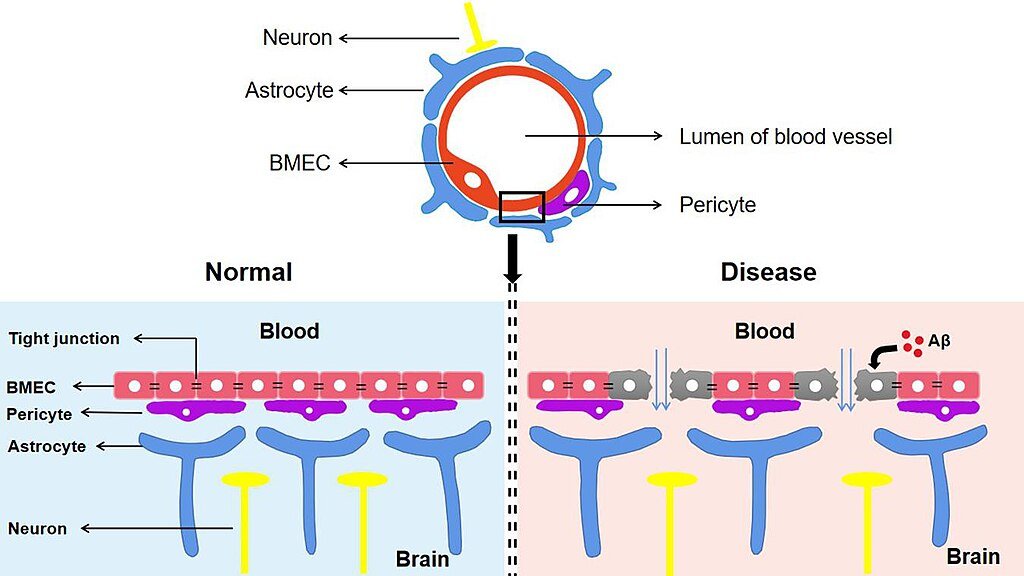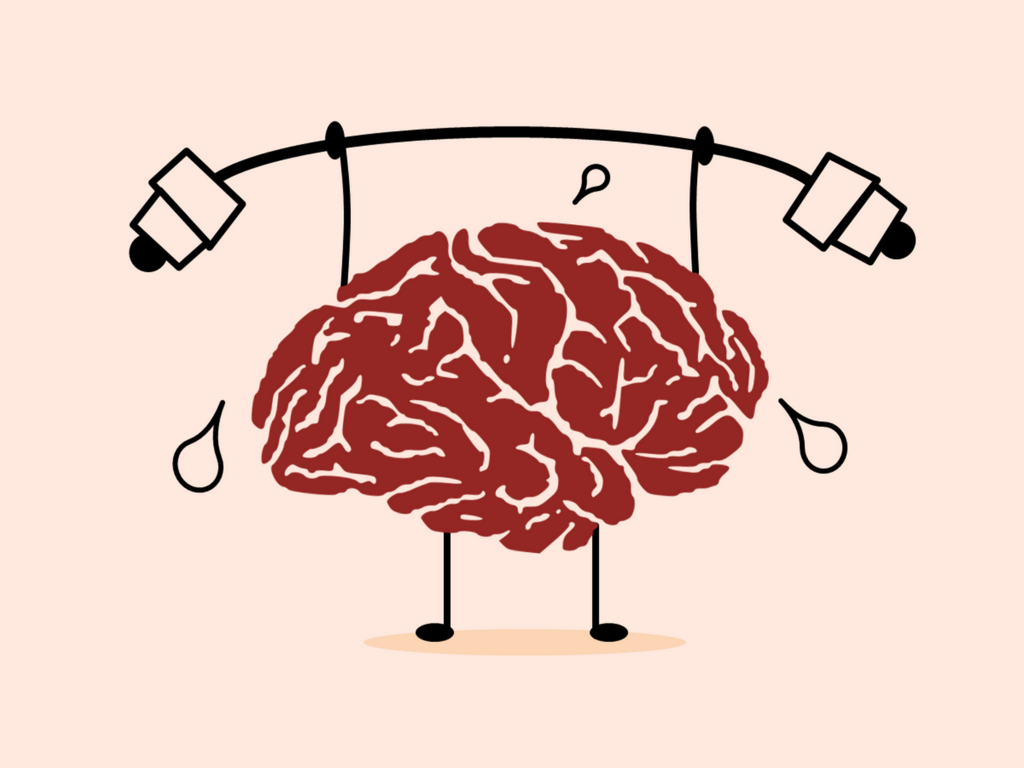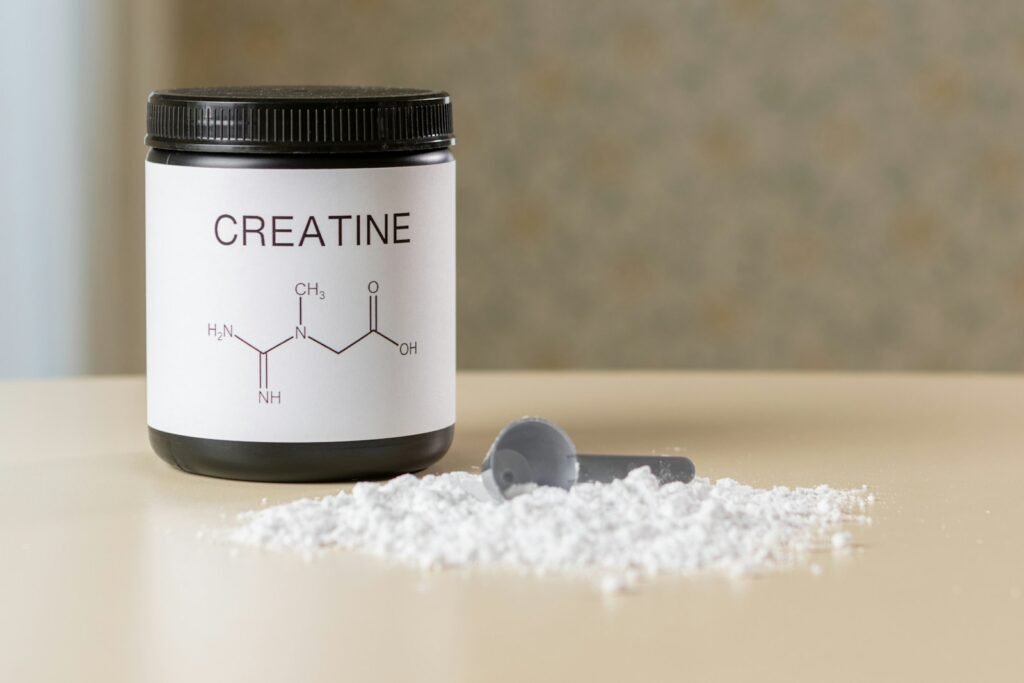Long praised by athletes for its muscle-building properties, creatine is now generating waves for a completely different reason: possible Alzheimer’s disease prevention. A ground-breaking pilot study implies that widely available in health stores, creatine monohydrate could help Alzheimer’s sufferers have better cognitive ability. Although the results are preliminary, they create an intriguing new path in dementia research and raise issues regarding whether a basic, over-the-counter supplement could one day support brain health in ways scientists are only starting to understand.
How Creatine Entered the Alzheimer’s Conversation

Promoted for increasing strength, endurance, and muscle recovery, creatine has dominated fitness circles for decades. Still, its impact might be felt much outside the weight room. Recent research have looked at how creatine affects mental health, tiredness, and even neurodegenerative diseases.
Published in Alzheimer’s & Dementia Translational Research & Clinical Interventions, the most recent study is the first human trial looking at how creatine affects Alzheimer’s patients. Lead author of the study, Dr. Matthew Taylor, notes that earlier animal research suggested cognitive advantages, which motivated his team to look further. “Creatine supplementation looked protective against neurodegeneration in mouse models,” he notes. “We wanted to see if humans might show similar effects.”
What Happened When Alzheimer’s Patients Took Creatine?

Twenty mild to moderately affected people with Alzheimer’s were given 20 grams of monohydrate creatine every day for eight weeks in the study. Researchers monitored the cognitive performance of the participants, their blood levels of brain creatine as well as the compliance of participants.
- High Compliance: 19 out of 20 participants stuck to the regimen, suggesting creatine is well-tolerated.
- Increased Brain Creatine: Levels rose by 11% after eight weeks.
- Enhancement in Cognitive Function: Participants demonstrated improved performance on attention tests as well as sorting and response speed tests.
Even with these promising results even Dr. Taylor cautions that this was a tiny feasibility study, not definitive evidence. “We need larger, placebo-controlled trials to confirm these effects,” Dr. Taylor says.
Why Would Creatine Help the Alzheimer’s Brain?

While the study did not explore the causes that could be responsible, experts have theories. Alzheimer’s is characterized by the presence of deficiency in energy levels in brain cells and creatine plays an essential role in energy production.
- Increases ATP Production Creatine aids in the production of adenosine triphosphate (ATP) which is the brain’s main energy currency.
- Lowers the Oxidative Stress Level: This could fight inflammation and damage caused by free radicals which are both associated with neurodegeneration.
- Improves Mitochondrial Function: By assisting mitochondria (the cell’s powerhouses) Creatine can boost the neuron’s resilience.
Dr. Albert Matheny, a sports nutritionist, explains, “If the brain is energy-starved in Alzheimer’s, creatine might help compensate but we need more data.”
Should Alzheimer’s Patients Start Taking Creatine? Not So Fast

Despite the excitement, neurologists urge caution.
- Dr. Amit Sachdev (Michigan State University): “There’s no established evidence yet to recommend creatine for cognition.”
- Dr. Clifford Segil (Providence Saint John’s): “This isn’t an accepted brain health supplement at this stage.”
Dr. Taylor agrees: “Patients should consult their neurologist before trying creatine. Our study is just the first step.”
What’s Next? The Future of Creatine and Alzheimer’s Research

The study’s success has paved the way for larger clinical trials, which could take years. Key questions remain:
- Does creatine slow Alzheimer’s progression, or just temporarily ease symptoms?
- What’s the optimal dose? (20 grams/day is high typical fitness doses are 3–5 grams.)
- Are there long-term risks for elderly patients?
“If future studies confirm benefits, creatine could become a low-cost, accessible adjunct therapy,” says Taylor.
The Bigger Picture: A New Frontier in Brain Health Supplements?

This study is part of the increasing interest in repurposing supplements to improve brain health. Other compounds, such as curcumin and omega-3s, are being studied to treat dementia, but with mixed results.
Why Creatine Stands Out:
- It is widely available and affordable In contrast to experimental drugs, creatine is easily available.
- Strong Safety Profile: Decades of use in athletes suggest minimal risks at standard doses.
- Multi-System Benefits: Potential perks for muscle, mood, and now cognition.
Still, experts stress that no supplement replaces proven Alzheimer’s treatments. “Healthy eating, exercise, and prescribed therapies remain essential,” says Dr. Segil.
Final Thoughts: Cautious Optimism
While the findings are intriguing, they’re not a green light for self-medication. For now, the best takeaway is hope that a simple, well-known supplement might one day offer relief for Alzheimer’s patients. As research continues, the scientific community watches closely, aware that the next breakthrough could come from the unlikeliest of places: a gym staple turned brain booster.
Sources:

Jan loves Wildlife and Animals and is one of the founders of Animals Around The Globe. He holds an MSc in Finance & Economics and is a passionate PADI Open Water Diver. His favorite animals are Mountain Gorillas, Tigers, and Great White Sharks. He lived in South Africa, Germany, the USA, Ireland, Italy, China, and Australia. Before AATG, Jan worked for Google, Axel Springer, BMW and others.




